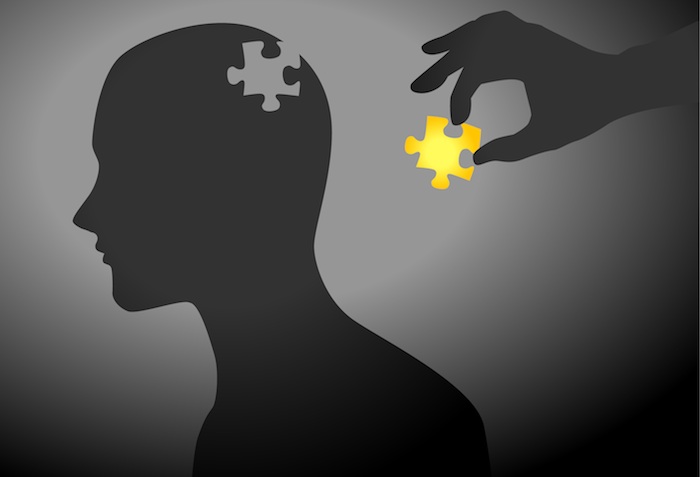UK Battle Re-entry Anxiety: Psychotherapist Advises on How to Live with The New Normal

While the easing of restrictions will be welcomed by many, a large proportion of the population will be experiencing feelings of increased anxiety and stress.
After a year of social distancing and national limitations in both our personal and professional lives, it’s understandable that we are anxious about readapting to society, what was familiar no longer seems as familiar. Psychotherapist Noel McDermott offers advice on how to handle this transition into the new normal.
For human beings there are three major areas of our life that have a core impact on our psychological stability: our homes, our intimate relationships and our work. All three of those areas have been challenged during the last year, leaving us feeling anxious and overwhelmed. It’s important to focus on what we can achieve during these times of change and what we can’t, looking forward to a brighter future.
Psychotherapist Noel McDermott comments: “The coronavirus lockdown can be likened to a well-known psychological survival tool called avoidance. When we avoid what we fear we temporarily get relief from our anxious feelings. The problem is that when we go back to the thing we were avoiding, we feel the anxiety much more keenly. This is what is happening globally now and goes some way to explaining the intense fear reactions we are observing as we come out of lockdown once again. The truth is and it’s one we can’t avoid is that we are still in uncertain times and things have and will continue to change, but this time for the better. The most important skill psychologically we need right now is how to manage these feelings of uncertainty and adjust to them.”
Advice on how to cope with feelings of increased anxiety:
- Take a deep breath and practice having faith in the future, tell yourself the bad times are behind us, telling yourself positive internal stories reduces stress significantly
- Helping others helps ourselves. Make time in your day to do something kind/helpful for someone else
- Take a challenging situation and find deeper meaning from it; moving into the bigger picture to explain our challenges to ourselves as purposeful reduces fear and depression
- Put the oxygen mask on yourself (not just the face mask) as if you are not meeting your own needs you will not meet any other needs. These basic needs are self-care, regular exercise, sleep/rest, hydration, social and emotional support
Re-entry anxiety and re-entry trauma
These terms refer to well-known psychological distress about readjustment to ‘normal’ life after having an extra-normal experience. Until recently we used it to refer to relatively small numbers of people involved in humanitarian relief operations for example, a doctor who had volunteered to work in a war zone for a period of time and then comes home and struggles to adjust or a soldier returning from a tour of duty and having to live more in civvy life. We are all potentially experiencing this now and it can’t be overstated just how disorientating this can be. We have had a profound experience that has changed us and normal is just a bit weird right now and is going to take some getting used to.
Noel McDermott is a Psychotherapist with over 25 years’ experience in health, social care, and education. He is the founder and CEO of three organisations, Psychotherapy and Consultancy Ltd, Sober Help Ltd and Mental Health Works Ltd. Noel’s company offer at-home mental health care and will source, identify and co-ordinate personalised care teams for the individual.




